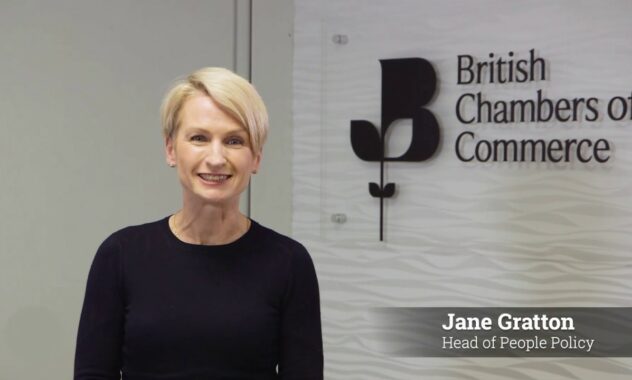Covid-19 presents opportunity to reduce inequality, IFS says
Having laid the entrenched inequalities of UK society bare, the current crisis presents an opportunity to take action against them.

The government should act now to reduce inequalities across society, the Institute for Fiscal Studies (IFS) has said.
In a new report, the think tank warned that the impact of Covid-19 could result in the widening of existing inequalities, and advised leaders to put urgent measures in place that could not only prevent this, but actively reduce the inequality to below pre-Covid levels.
It recommended the government provide “effective routes through further and vocational education”, support small firms through the crisis to prevent larger companies gaining too much control, ensure there is “effective welfare to work and training” and provide additional teaching to children who have missed school.
Robert Joyce, IFS Deputy Director, said: “The crisis has laid bare existing inequalities and risks exacerbating them, but some of its legacies might also provide opportunities.”
For instance, more remote working could make it easier for mothers to remain in work and increase the amount of time fathers are spending with their children.
Working from home could also allow for the spread of high-paid jobs, often concentrated in London, to be done elsewhere around the country, reducing regional inequalities.
The IFS also predicted that attitudes around the Welfare State, key workers and ethnic minorities may change due to the experience of the pandemic.
However, without urgent action, the UK could see a widening in wage and employment inequalities, because the sectors affected most by the Coronavirus pandemic are those most associated with low-pay.
This could further widen health inequalities because unemployment has been shown to have a negative impact on overall health.
Because some BAME groups are over-represented in the low-paid sectors most likely to be shut down by the virus, ethnic inequalities are also at risk of widening both in employment and health.
With workers under 25 twice as likely to work in a locked-down sector, and attempting to kick start their careers during a deep economic depression, it is likely generational inequalities will also expand.
Gender inequalities, too, could worsen if childcare facilities shut down and women are left to shoulder the burden of bringing up their families.
Finally, the children of the richest may be the least affected by the pandemic. Private schools are nearly twice as likely to have provided online teaching during the shut down, providing them with opportunities missed by State school children.







